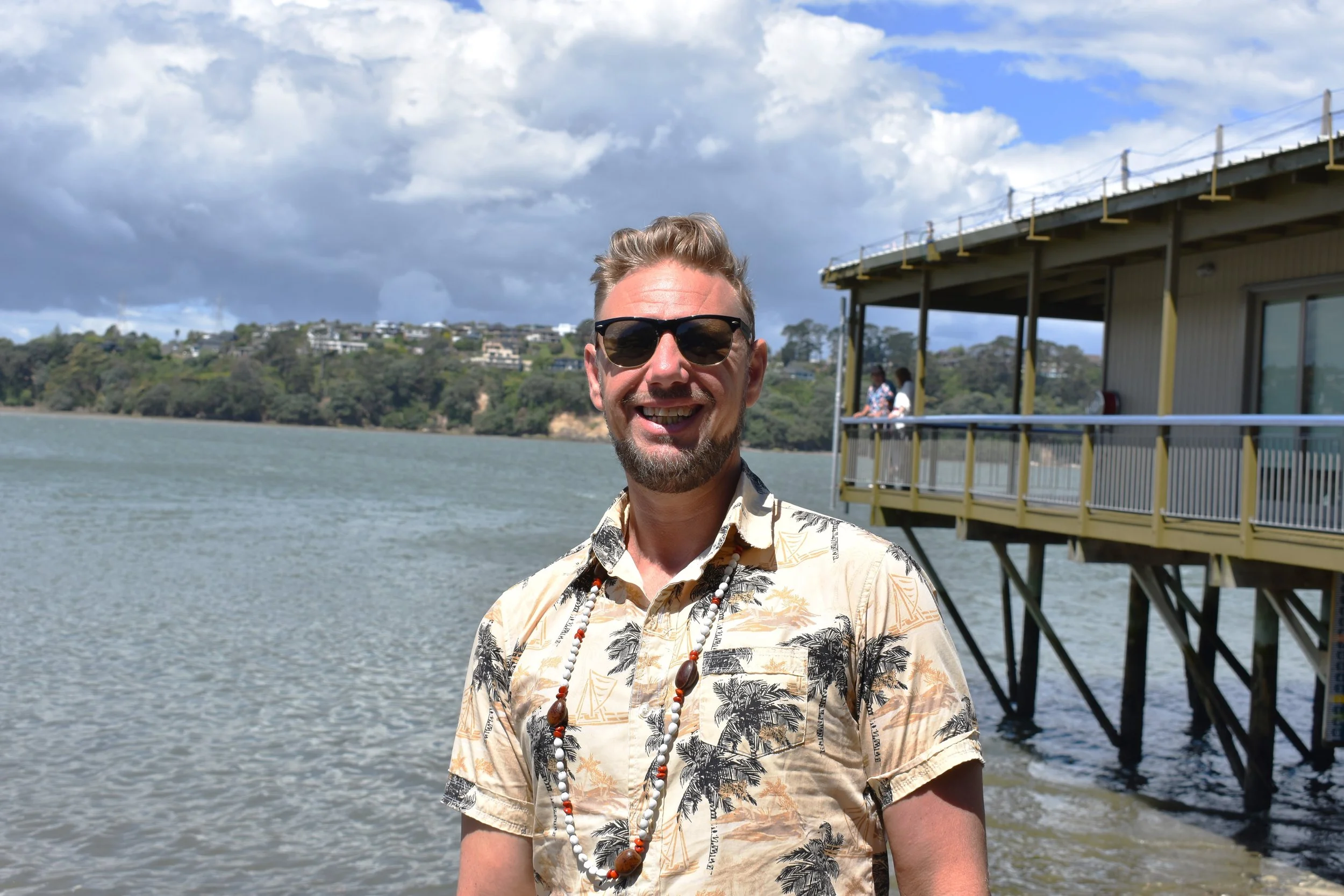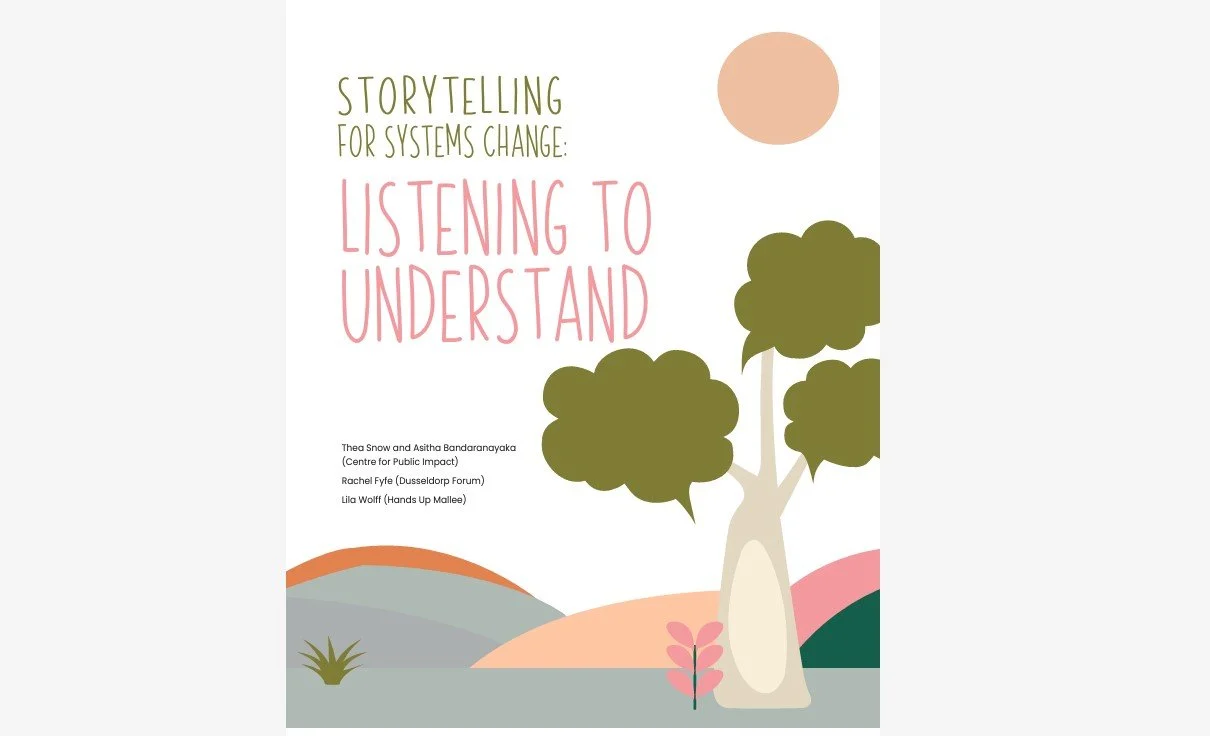Recap: Healthy Families South Auckland in 2023
As Healthy Families South Auckland bids farewell to 2023, it's time to reflect on a year marked by great changes within our whare, transformative initiatives, and the collective pursuit of a healthier, thriving community.
New home for Healthy Families South Auckland
HFSA team, right, with Community Action on Youth and Drugs (CAYAD) team after both joined Connected Communities from TSI.
In October, Healthy Families South Auckland completed its transition from The Southern Initiative to Connected Communities, a process that had been planned over several months.
This change was prompted by organisational shifts within Auckland Council following its recent budget.
Established in 2021, Connected Communities focuses on providing place-based, community-centred customer experiences and the integrated delivery of services through Auckland Council's community centres, libraries, community hubs, and art facilities.
Throughout October and November, the Healthy Families South Auckland team dedicated time to forge new connections within the broader Connected Communities framework with a particular emphasis on building relationships within the Community Impact Unit, where it is now situated.
“We may have moved but Healthy Families South Auckland will still ensure a strong partnership with The Southern Initiative, as many initiatives are still aligned with a shared kaupapa,” says Healthy Families South Auckland Strategic Communications Manager Turei Mackey.
New faces join the team
Rereahu Collier
Rereahu Collier (Ngāti Porou, Ngāti Tamaterā) joined the team in May as the new senior strategist for kaupapa Māori.
Raised in south Auckland, Rereahu has been working in the local government space for several years in Auckland Libraries and recently with Te Taiwhanga Rangatahi.
Rereahu brings valuable knowledge in mātauranga Māori to the Healthy Families South Auckland team.
“My family has always advocated for te ao Māori to flourish within Aotearoa, and working at Healthy Families South Auckland I see a chance to help plant that kaupapa into current initiatives,” says Rereahu.
Matt Appleyard
Joining the team in November was Matt Appleyard, who will serve as the team’s new manager.
The kaupapa of Healthy Families New Zealand is aligned to much of Matt’s experience in community-led initiatives and innovative work and is passionate about working in the primary prevention space, specifically in Māori health and hauora.
He replaces Winnie Hauraki and is grateful for the work that she and Lead Systems Innovator Jacqui Yip have done over the past several years.
“Winnie’s leadership has had a massive influence on not only Healthy Families New Zealand but also Auckland Council,” says Matt.
“She has strengthened the capability of the Healthy Families South Auckland team and leaves such a strong kaupapa for myself to learn and build upon.”
“I also want to acknowledge the work of Jacqui Yip as well. Her mahi with colleagues in the Community Impact Unit, as well as the wider Auckland Council, was always greatly appreciated and I know both will thrive in their new roles with the Public Health Agency.”.
Kia ora Te Whānau
Kia ora Te Whānau
A key initiative in 2023 was Kia ora Te Whānau, reimagining what a well-being community hub could look like in South Auckland if created in partnership between local government and whānau.
The initiative involved Auckland Council’s Active Communities, Connected Communities, Māori Outcomes, and Healthy Families South Auckland, and was built around three pou that were gather from whānau and community insights:
Pou Hauora – whānau live well, are happy and healthy
Pou Oritetanga – equitable access to facilities to grow community well-being kaupapa
Pou Mātauranga – an inclusive approach to activate spaces to learn and play.
Te Matariki Clendon Community Centre and Te Pātaka Kōrero o Waimāhia - Clendon Library was the selected place to test these three pou through smaller initiatives including videos showcasing community activities and murals depicting the local history, communities and environment.
The initiative has identified that council needs to simplify the process for whānau to access council facilities. By breaking down barriers for the community to access facilities, they can organise and determine initiatives that will contribute to the wellbeing of their communities.
Good Food Road Map
Healthy Families South Auckland has continued its mahi in the food systems space, working closely with local government, community and academic partners to find ways to strengthen the local food systems in Tāmaki Makaurau.
A key part of collaboration with partners has been the Good Food Road Map (GFRM), a strategic framework to increase collaboration for collective impact and systems change around food systems.
Julio Bin presenting at the Farmers’ Market NZ conference
In July, the GFRM was showcased at a national conference. Julio Bin, Lead Systems Innovator at Healthy Families South Auckland, was invited to speak to members of Farmers’ Markets NZ at their national conference in Wellington, an event that celebrates local food, sustainable agriculture, and community connections.
He shared the GFRM to help instigate systems thinking and the potential use of different models, including community-led, collective, and co-operative, to support local food systems.
“Conferences like the Farmers’ Markets NZ provides an excellent opportunity to introduce the systems change approach,” Julio says.
AUT students learnt the GFRM as part of their design programme
The GFRM was also utilised as part of a partnership between Auckland University of Technology (AUT) and Healthy Families South Auckland and has yielded significant results yet again.
This year, students focused on systems thinking and change within the food system under the guidance of Healthy Families South Auckland.
Applying a systems change approach and design thinking processes, students used the GFRM as a framework to develop strategic interventions aimed at enhancing resilient local food systems in Tāmaki Makaurau, contributing to food security and sovereignty in Aotearoa.
Healthy Families South Auckland introduced students to systems thinking and the six conditions for systems change, facilitated by external partners from the Ministry for the Environment, ConCOVE, Whanau Tahi, and the South Auckland community.
These partners served as tangible examples, illustrating the practical significance of addressing systemic issues in the real world.
Students demonstrated a keen understanding of intricate systemic problems, such as food insecurity and dependence, and successfully translated this awareness into practical initiatives.
The students' final projects, involving collaborations with external partners and communities, showcased the practical application of systems change approaches, empowering the next generation of change-makers to address real issues in Auckland and beyond.
Sharing our storytelling
Healthy Families South Auckland, along with The Southern Initiative, was delighted to participate in "Storytelling for Systems Change: Listening to Understand", a new report published by Centre for Public Impact, Dusseldorp Forum and Hands Up Mallee.
The report looks at creating the conditions for stories to be heard by those who need to hear them and allowed the Healthy Families South Auckland team a chance to share their storytelling insights.
"Storytelling is such a key component to systems change in Aotearoa," says Healthy Families South Auckland Strategic Communications Manager Turei Mackey.
"So it was a honour to not only share our kaupapa with this report but read and learn from others who are working towards better outcomes for whānau and communities across the world."
This was the final Healthy Families South Auckland post on the TSI website. Thank you to everyone at TSI for their support over the years and we look forward to working together again in the near future. - Healthy Families South Auckland team







